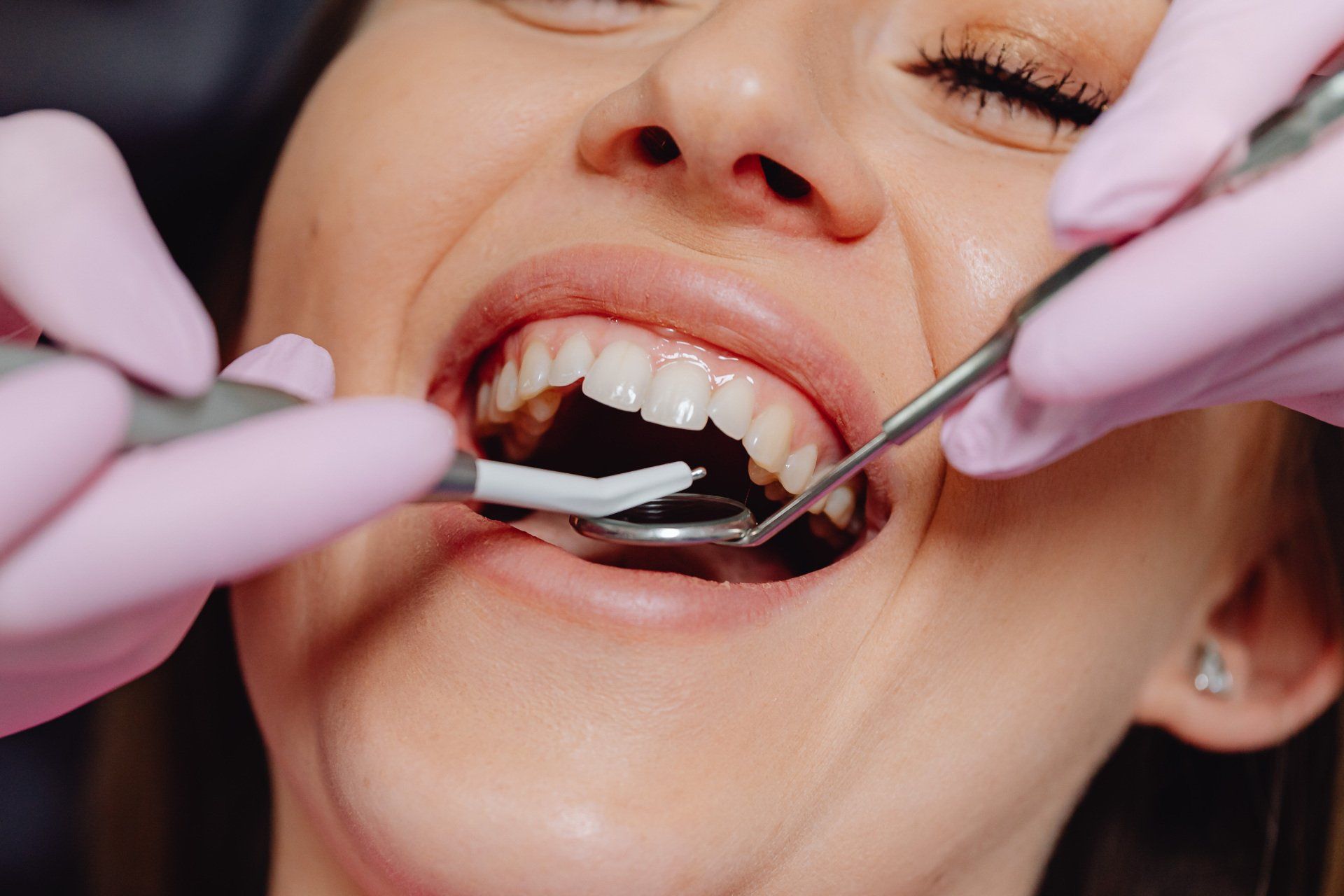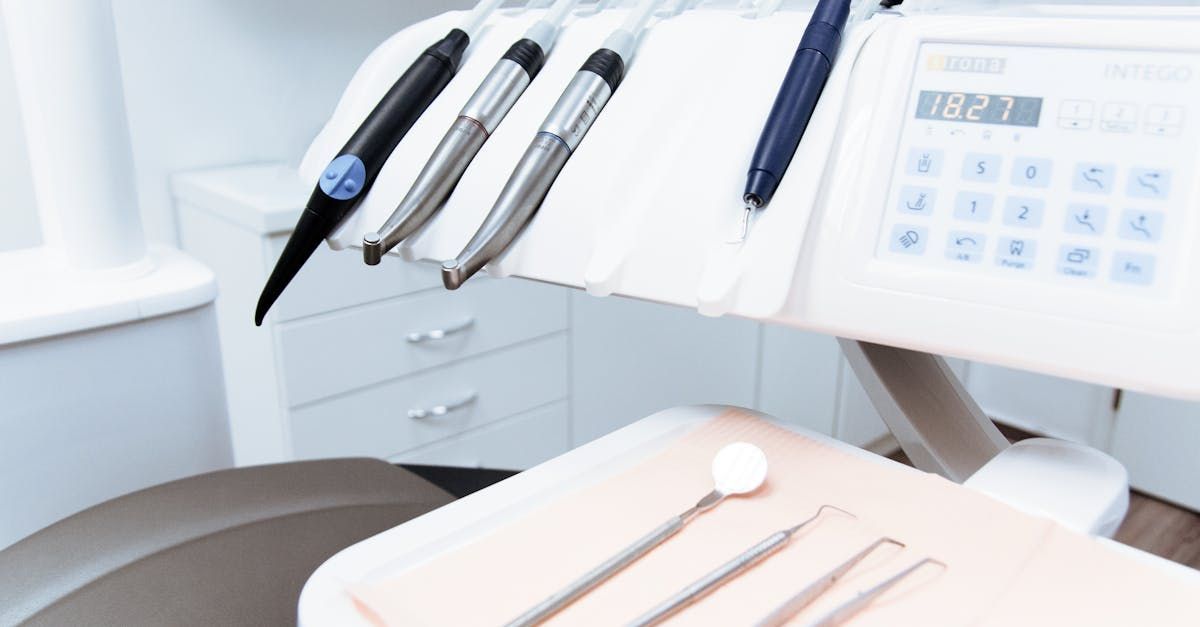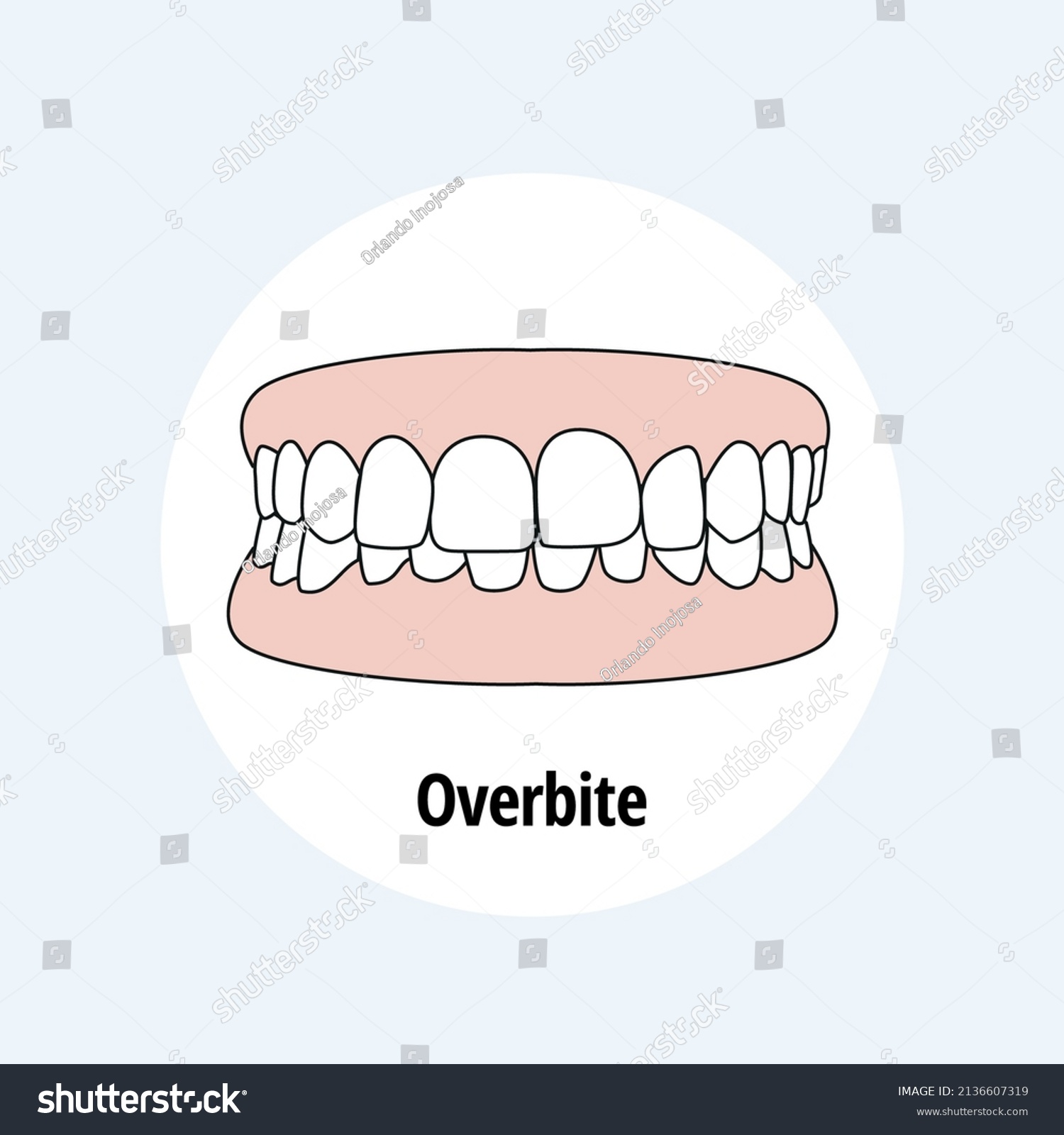How To Manage Advanced Gum Disease
The Center for Disease Control and Prevention (CDC) warns that advanced gum disease affects nearly 50% of Americans over the age of 30. If left untreated, the condition can result in tooth loss. Fortunately, there are successful treatment options today, so advanced gum disease or periodontal disease should not make you lose your tooth. Here are some ways to manage it:
Advanced Gum Disease Diagnosis
Before treatment, your dentist will have to diagnose the condition and determine its severity. So he/she may do the following:
Medical History Review
Your dentist may examine your medical history to identify underlying factors that could be causing your symptoms. Some common culprits include medications that cause mouth dryness and smoking. The doctor may also check your mouth for tartar build up and plaque, or look for easy bleeding.
Measure Pocket Depth
Dentists often use dental probes to measure the groove between your teeth and gums at several points in your mouth. The pocket depth should not be more than 3mm for a healthy mouth. Anything more could be an indication of advanced gum disease.
Dental X-rays
X-rays are typically used to check for bone loss. This is usually common after your dentist identifies deeper pockets.
How to Manage Advanced Gum Disease
The goal of advanced gum disease treatment is to clean pockets around your and stop or prevent further damage to the surrounding bone. For great results, you must also adopt good oral care and avoid smoking or using tobacco.
Depending on the severity of the condition, your dentist can prescribe non-surgical or surgical treatments. The most common non-surgical treatments include:
Scaling
Scaling gets rid of bacteria and tartar located below your gums and teeth surfaces. This treatment is usually conducted using special instruments, such as an ultrasonic or a laser device.
Root Planing
It is a treatment that stops bacteria and tartar build-up and eliminates their byproducts that cause inflammation and hinders healing or the reattachment of gums. It works by smoothing the root surfaces.
Antibiotics
Your dentist may also prescribe antibiotics to control infection. These may include topical antibiotics such as mouth rinses or gels, or oral antibiotics.
Surgery may be necessary if your advanced gum disease is too severe to be managed by these treatment options. Your dentist can recommend any of the following treatments:
- Flap or pocket reduction surgery
- Soft tissue grafts
- Bone grafting
- Guided tissue regeneration
- Tissue-stimulating proteins
If you suspect you have gum disease, you’re better of visiting a dentist before it’s too late. South Holston Dental Designs has a team of dedicated dentists who are ready and willing to help you. Contact us today to schedule an appointment with one in Bristol, VA.
The post How To Manage Advanced Gum Disease appeared first on South Holston Dental Designs.














